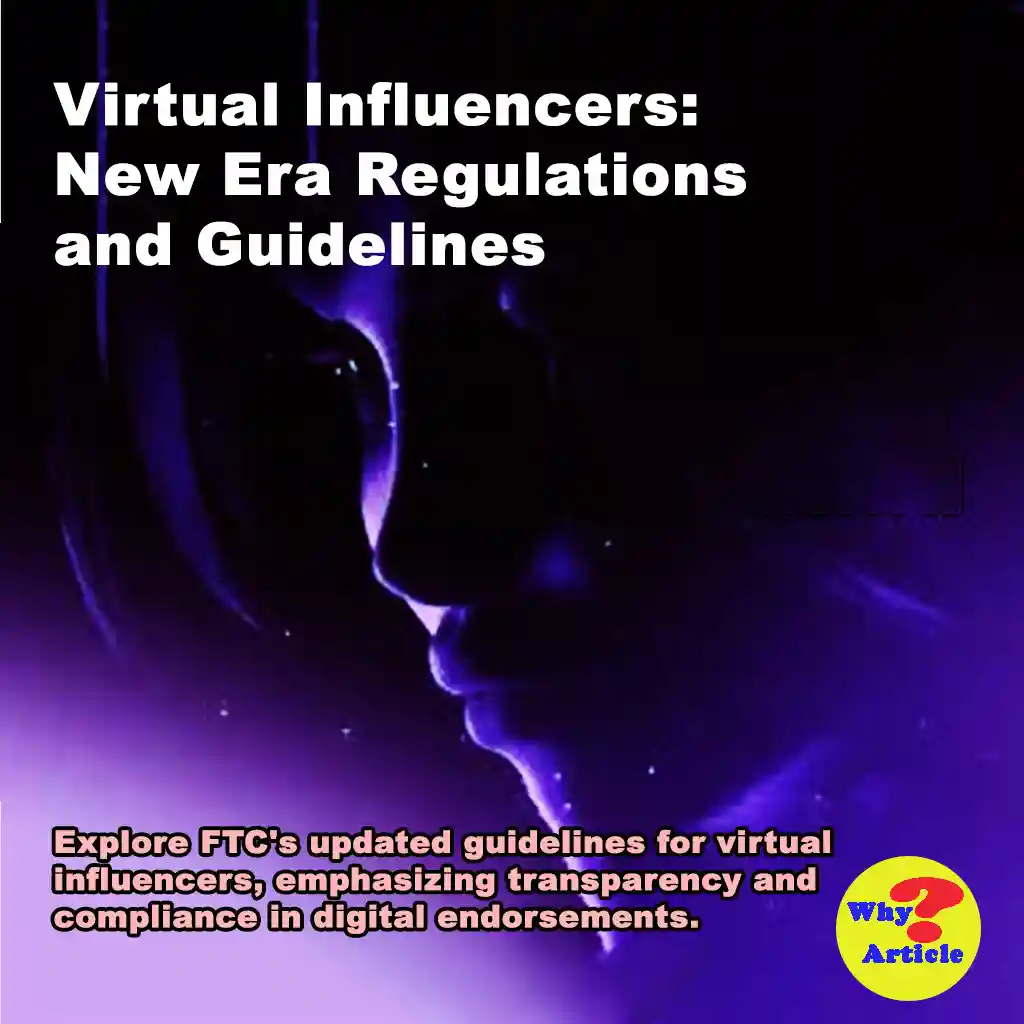Virtual influencers, from AI-generated personalities to Vtubers, have surged in popularity, attracting followers, brands, and now, regulatory attention.
In the United States, the Federal Trade Commission (FTC) has updated its Endorsement Guides to include virtual identities as endorsers, emphasizing the need for transparency and compliance in their interactions with consumers.
Understanding the Regulatory Landscape
Who Falls Under the Umbrella of Virtual Influencers?
Virtual influencers encompass AI-generated personas and Vtubers, whether created by individuals or brands themselves.
Notable examples include Lil Miquela and Barbie®, each commanding substantial followings and brand engagements.
Key Endorser Requirements
Avoiding Deceptive Statements:
Virtual influencers cannot claim personal experience with products, and creators are liable for deceptive statements they knowingly propagate.
Disclosure of Material Connections:
Merely using hashtags like #endorsement or #partner is insufficient; disclosures must explicitly mention the partnering brand.
Accurate Representation:
Virtual influencers must accurately represent themselves, avoiding misrepresentation of attributes or capacities.
Compliance with Brand Guidance:
Both creators and brands are responsible for ensuring compliance with endorsement guidelines.
Additional Guidance and Platform Regulations
FTC Regulations:
The FTC’s endorsement guidelines extend to virtual identities, emphasizing upfront disclosure of non-human interaction.
Platform Regulations:
Platforms like TikTok have implemented guidelines requiring clear disclosure of synthetic or manipulated media.
Conclusion
As brands increasingly leverage virtual influencers, adherence to regulatory guidelines is imperative.
By prioritizing transparency and compliance, companies can mitigate risks and build trust with consumers in this evolving landscape.







More
Thanks for sharing. I read many of your blog posts, cool, your blog is very good.
Your article helped me a lot, is there any more related content? Thanks!